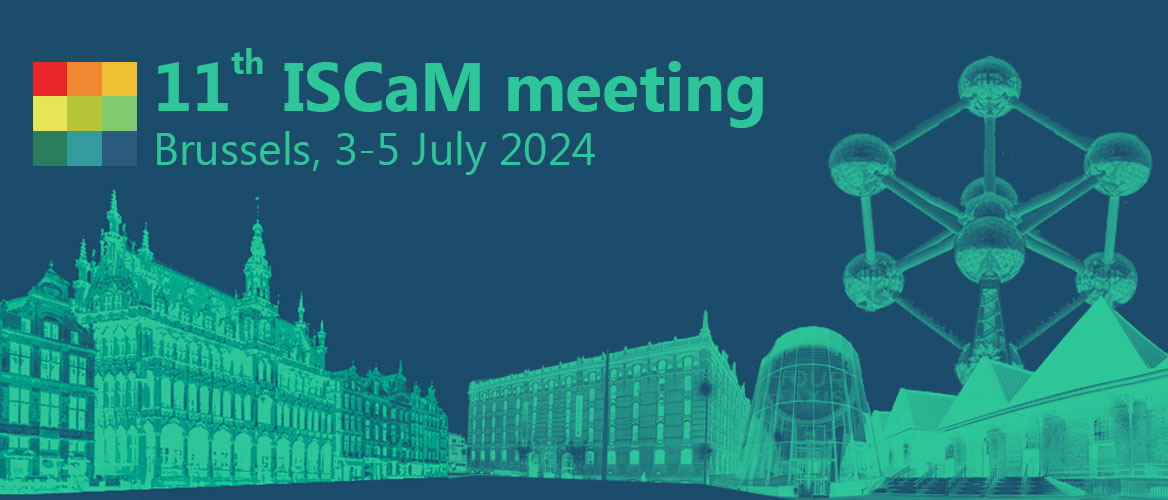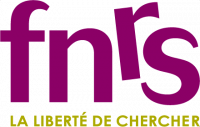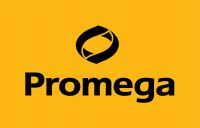About
Cancers are characterized by a high metabolic heterogeneity allowing cancer cells to survive and proliferate in harsh microenvironmental conditions, including hypoxia, acidosis and limited availability to metabolic resources. In the recent years, a growing body of experimental and clinical evidence has been obtained suggesting that the metabolic plasticity of malignant cells plays a key role in cancer progression. Indeed, metabolic activities of cancer cells directly influence (epi)genetic modifications, intra- and inter-cellular signaling, metastatic process, immune escape and response of tumors to different anticancer therapies. Recent technical developments have allowed to reveal the spatially- and temporally-resolved complexity of the metabolic networks within tumors and its role in tumor initiation and progression.
The ISCaM2024 symposium is intended to be multidisciplinary with, as a principal aim, the dissemination of the most recent knowledge related to tumor metabolism, with a special focus on the interactions between cancer cells and their microenvironment and on the alterations of the various hallmarks of cancer.
Main topics
- Immunometabolism
- Lipid metabolism and ferroptosis
- Metabolism and therapy resistance
- Tumor microenvironment and disease progression
- Epigenetics, circadian clock and cancer metabolism
- Tumor acidosis and imaging
Invited speakers
- Matthew Vander Heiden – Koch Institute at MIT, Cambridge, MA, USA
- Costas Lyssiotis – University of Michigan – Ann Arbor, MI, U.S.A.
- Fatima Mechta-Grigoriou – Institut Curie – Paris, France
- Gina DeNicola – Moffitt Cancer Center – Tampa, FL, U.S.A.
- Issam Ben-Sahra – Feinberg School of Medicine – Chicago, IL, U.S.A.
- Jean-Emmanuel Sarry – CRCT-Oncopole – Toulouse, France
- Johannes Meiser – Luxembourg Institute of Health
- Ping-Chih Ho – Ludwig Institute for Cancer Research – Lausanne, Switzerland
- Rushika Perera – UCSF – San Francisco, CA, U.S.A.
- Sara Sdelci – CRG – Barcelona, Spain
- Sarah-Maria Fendt – VIB KU Leuven Center for Cancer Biology – Leuven, Belgium
- Sirio Dupont – University of Padua – Padua, Italy
- Vignir Helgason – University of Glasgow – Glasgow, UK
- Andrea Morandi – University of Florence – Italy
- Mathias Wenes – Center for Translational Research in Onco-Hematology, University of Geneva – Switzerland










